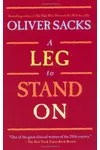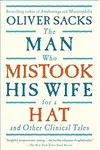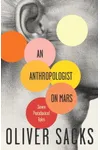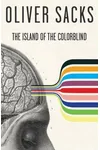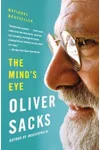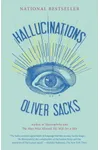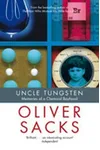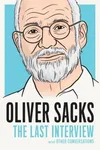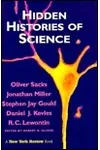Picture a British neurologist who turned the mysteries of the mind into captivating stories—meet Oliver Sacks! With his warm curiosity and knack for storytelling, Sacks transformed complex neurology into tales that touched millions. From his bestseller Awakenings to his explorations of music and memory, Sacks showed us the brain’s wonders through a lens of compassion.
Born in London in 1933, Sacks wasn’t just a doctor—he was a storyteller who found humanity in science. His books, blending case studies with vivid narratives, made him a literary icon and a bridge between medicine and the public.
The Making of Oliver Sacks
Oliver Wolf Sacks grew up in a family of physicians, surrounded by science and curiosity. As a shy, inquisitive child, he found solace in chemistry and biology, but a love for writing simmered beneath. After earning a medical degree from Oxford, Sacks moved to the U.S. in the 1960s, diving into neurology with a passion for patients’ stories. His early work with migraine patients sparked his fascination with the brain’s quirks, setting the stage for his unique career.
Unlike traditional doctors, Sacks saw patients as people with stories, not just symptoms. This perspective shaped his writing, which began with articles and evolved into books that captivated readers worldwide.
Oliver Sacks’s Unforgettable Stories
Sacks’s books are a blend of science, empathy, and literary flair. His breakthrough, Awakenings (1973), chronicles patients who briefly ‘awoke’ from decades-long catatonia after a drug treatment. The book’s heartfelt storytelling inspired a 1990 film starring Robin Williams. In The Man Who Mistook His Wife for a Hat (1985), Sacks explores bizarre neurological disorders, like a man unable to recognize faces, with warmth and wonder.
Musicophilia (2007) dives into music’s profound effects on the brain, from patients with amnesia to those with synesthesia. Hallucinations (2012) unravels the science behind visions, demystifying them with Sacks’s signature empathy. His style—clear, compassionate, and rich with anecdotes—makes complex science accessible, inviting readers to marvel at the brain’s complexity.
Sacks’s themes often circle identity, perception, and resilience. He didn’t just report cases; he celebrated his patients’ humanity, making his work timeless and universal.
Why Oliver Sacks Matters
Oliver Sacks reshaped neurology by showing that science could be human and heartfelt. His books inspired doctors to listen more closely and readers to appreciate the brain’s mysteries. His influence spans literature, film, and medicine, with Awakenings and other works sparking discussions about patient care and consciousness.
After his death in 2015, Sacks’s legacy endures through his books and the countless lives he touched. He remains a beacon for anyone curious about the mind and the stories it holds.
About Oliver Sacks
- Born: July 9, 1933, in London, England
- Key Works: Awakenings, The Man Who Mistook His Wife for a Hat, Musicophilia
- Awards: Guggenheim Fellow, Lewis Thomas Prize for science writing
- Died: August 30, 2015
Ready to explore the brain’s wonders? Snag The Man Who Mistook His Wife for a Hat and dive into Oliver Sacks’s captivating world of neurology and storytelling!


